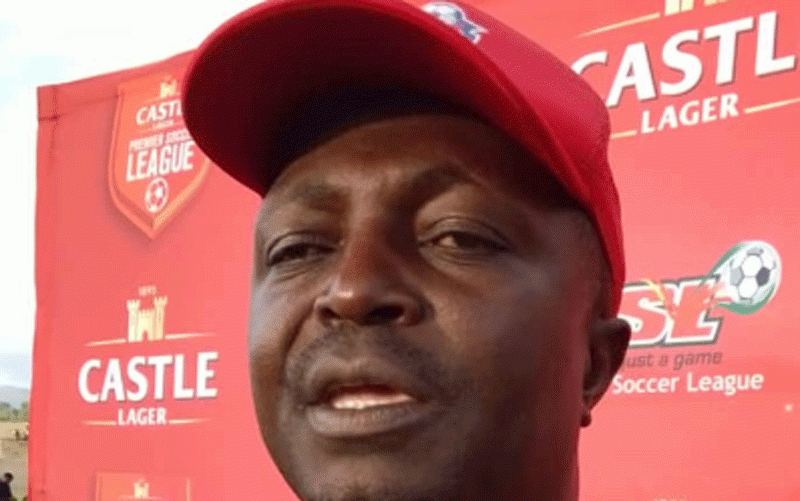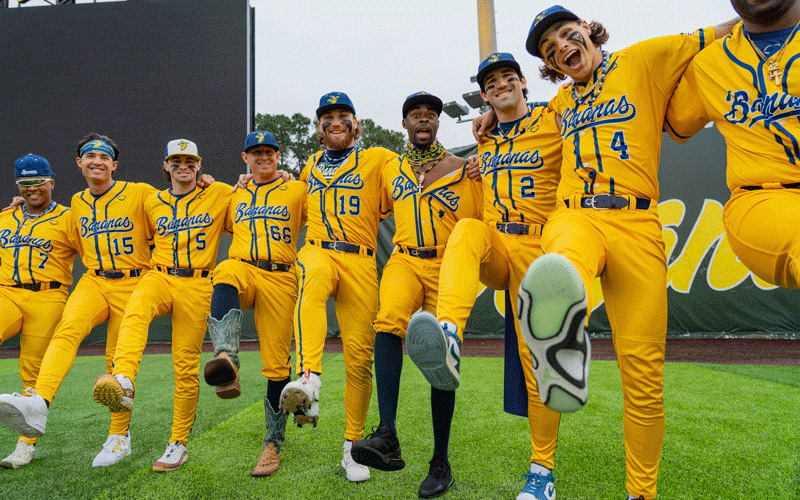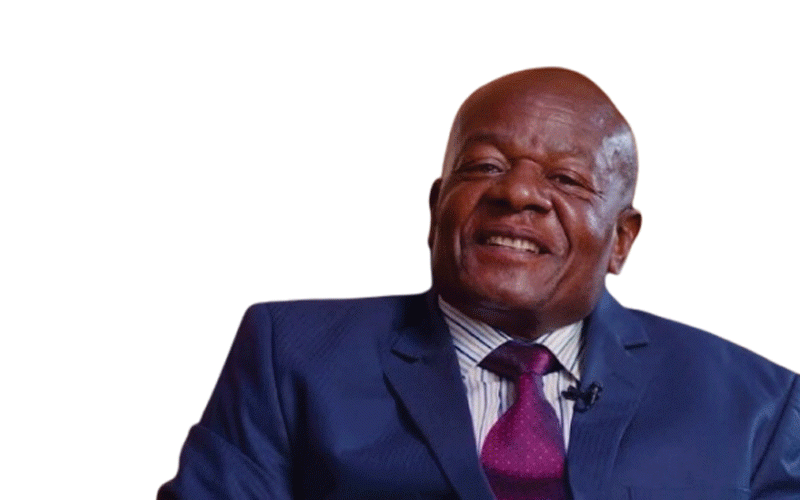
“Drum roll, please…. So, ladies and gentlemen, we come to that point for which we have all been waiting… The winner of this year’s exciting competition is……..” Long, long pause, with musical background for greater effect! Cameras pan in on the nervous faces of the final two contestants trying desperately to hold their emotions. Finally, the announcer finds his voice again: “And the winner is….. going to be announced after this commercial break!” Talk about letdown! We all want to know who the winner is: we all want to be that winner! We all must come first.
Winning is what it is about. As many people have said, “Second place is just first loser”. No-one remembers who came second [Fact check: not everyone remembers the winner either, but leave that aside for the moment.] Everyone wants to be remembered so we have to be first; we have to win. And this applies perhaps most of all to coaches. Coaches fear that their job is on the line so they must win in order to keep their job. Winning is coming first and winning must come first for them.
If we do take that saying “Second place is just first loser” as being true then we should logically not mind as coming first is important, is it not? The second placed person has indeed come first. What is wrong with being first loser? They were first!
Vince Lombardi, the former successful head coach at Green Bay Packers, is often credited with the powerful yet contrary philosophy that coaching should always be based on the position that it is “Athletes first, winning second”. That means that what is of paramount importance is the person involved in the sport – their well-being, physical, mental, emotional (not to mention social and spiritual). It is about athletes playing, enjoying, learning, developing – not winning. Coaches, we are dealing with people, not robots. We are not engaged in Play Station games, flicking players around the field at the touch of a button. In our practices and fixtures (if they are necessary), we must only do what is best for the children (winning may not be that!). Children must come first in all we do.
We might just add that it is “athletes” – plural. It is not just about one player, one individual, but about all the players entrusted to our care as a coach. We must not focus on individuals or even on the team players but ensure all players, including reserves and unselected ones, come first.
Here is the thing, though. Yes, people do want to be remembered but they want to be remembered as a person, not as a figure, a number, a result.
However, that statement “Athletes first, winning second” is not entirely correct. Yes, as coaches (especially school sports coaches) we must put above all else the children in our care, each and every individual sportsperson – they must come first before we think of anything else. The fact is, winning should not even be second on the list. Losing should be higher up than that – after all, we all love to quote Mandela’s maxim that “I never lose; I only win or I learn”. If we learn more from losing, then surely losing is more important than winning? The winning is actually not that important.
The athlete, the child, each child, must come first – no question. And, yes, losing does need to come second. While we reckon on that, let us just consider the other end of the scale. Winning can come in, maybe third, as children need to win to feel they are progressing. However, we have not mentioned one key component in this equation and where it fits into all of this - the coach.
- Paranoid Zanu PF regime cannot be trusted with solving Zim’s problems
- Zim’s poor batting hands India series
- Raza opens up on career threatening cancer scare
- Chevrons to maintain fearless approach against India
Keep Reading
In a word, the coach must come last. The coach’s interests, ego, ambition, drive must come last, behind all other factors. The practices and the games are not about the coach or the results. We do not need endless theatrics by the coaches at the side of the filed, drawing attention to themselves. Coaches need to give all credit to the players and all blame to themselves – after all, if the children have played badly, they have been coached badly. And as Simon Sinek says, “The leader speaks last”. How often do we see that in school sport…? The coach last.
The smart reader will have noticed that we have not heard the announcer finish the statement in the first paragraph, “And the winner is…..” The winner, quite simply, without question, is the child.











